September 2026
Full time
Four years
Not Available
Taicang
XJTLU undergraduate students earn two degrees: an XJTLU degree recognised by the Chinese Ministry of Education and a globally respected University of Liverpool degree.

Knowledge and skills
Upon completing the BEng Internet of Things Engineering with Contemporary Entrepreneurialism, you will have a solid foundation in computer science, electronic engineering, and wireless sensor networks. You will be adept in IoT design, research, application, and management. Your skills in gathering, storing, analysing, and using system information will enable you to excel in network research and tech applications. You will also have in-depth industry knowledge, entrepreneurial leadership and project management experience, and the ability to innovate in a practical manner. Additionally, you will have exceptional communication, interpersonal, problem-solving, and analytical skills applicable to various careers and industries.
Welcome students to join the BEng Internet of Things Engineering with Contemporary Entrepreneurialism, an innovative and interdisciplinary field that integrates knowledge from multiple disciplines, industrial practice, innovation, and entrepreneurial spirit. In this program, you will delve into the foundational theories, cutting-edge technologies, and applications of IoT, mastering the integration of the physical and digital worlds to create smarter, greener, and more efficient IoT systems. Through an industry-education integrated teaching approach, you will lay a solid foundation for your future career in the IoT field and contribute to the global wave of digital development. Let us explore the boundless potential of IoT together and unveil the mysteries of a connected digital world.

Dr Bintao Hu
Programme Director
Modules
*Programme modules listed are illustrative only and subject to change. XJTLU students are advised to log in to the e-Bridge Portal to view the effectuated module structure.
Xi’an Jiaotong-Liverpool University offers a wide range of courses in the first year, including English for academic purposes (EAP), mathematics and physics, and humanities and social sciences. Click to learn more.
Studying the Internet of Things programme at XJTLU provides me with a unique opportunity to get educated and trained as both an engineer and entrepreneur in China. I am able to study at university and work in industry at the same time.

Haozheng Hao
Student, BEng Internet of Things Engineering, Class of 2023
The study of Internet of Things enables us to understand intelligent products from the combined perspective of hardware and software.

Qijing Zeng
Student, BEng Internet of Things Engineering, Class of 2023
IoT career prospects 2024 and beyond
Graduate with world-class qualifications, including two degrees: an XJTLU degree from the Chinese Ministry of Education and a globally recognised degree from the University of Liverpool, a member of the Russell Group of leading UK universities. Careers in IoT are diverse and continually expanding as the technology finds new applications across various sectors. Some careers include:
- Hardware engineer:focuses on designing and developing IoT devices and sensors;
- Software engineer:specialises in the software that powers IoT devices and platforms;
- Systems architect:oversees the design and deployment of complex IoT architectures;
- Data scientist/analyst:analyses large datasets from IoT devices to derive insights;
- Network engineer:manages and optimises the networks that support IoT devices;
- Cyber security specialist: ensures the security of IoT systems and protects against cyber threats;
- Quality assurance (QA) engineer:ensures IoT products and systems meet quality standards; and
- Technical support engineer: supports IoT devices and systems post-deployment.
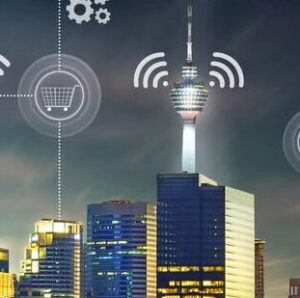

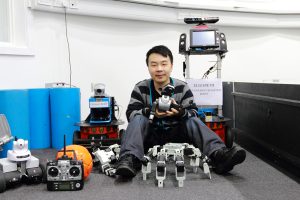




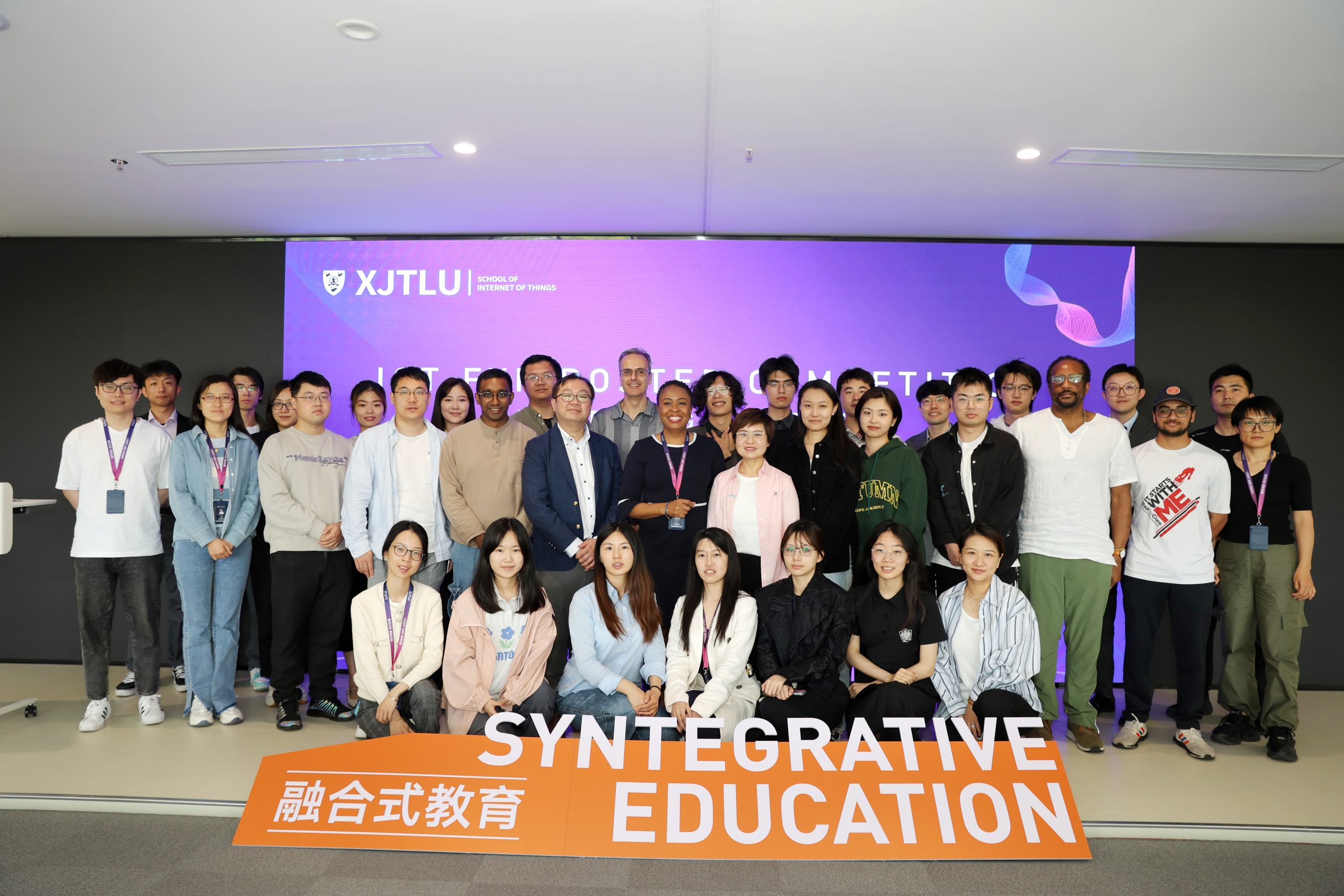
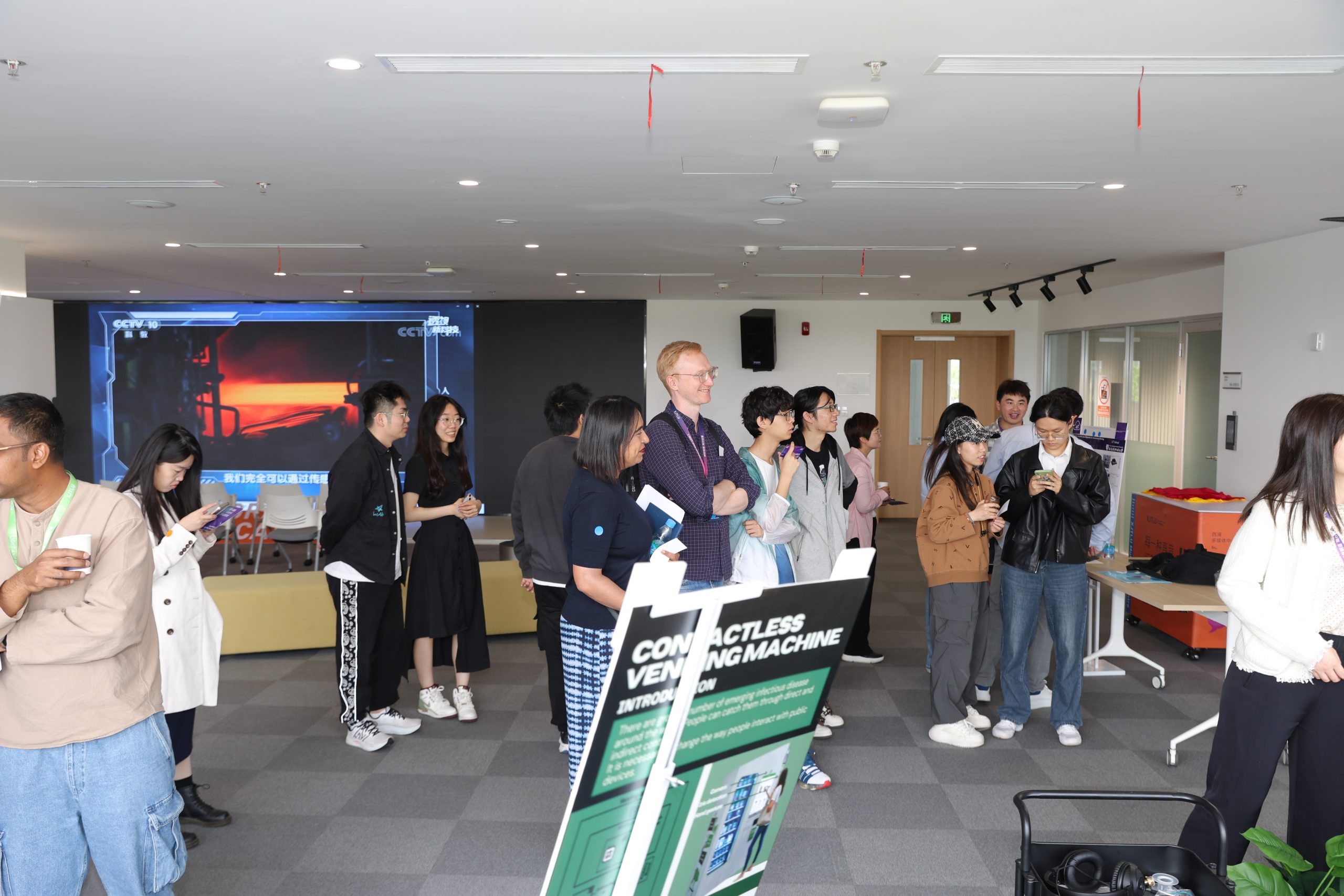
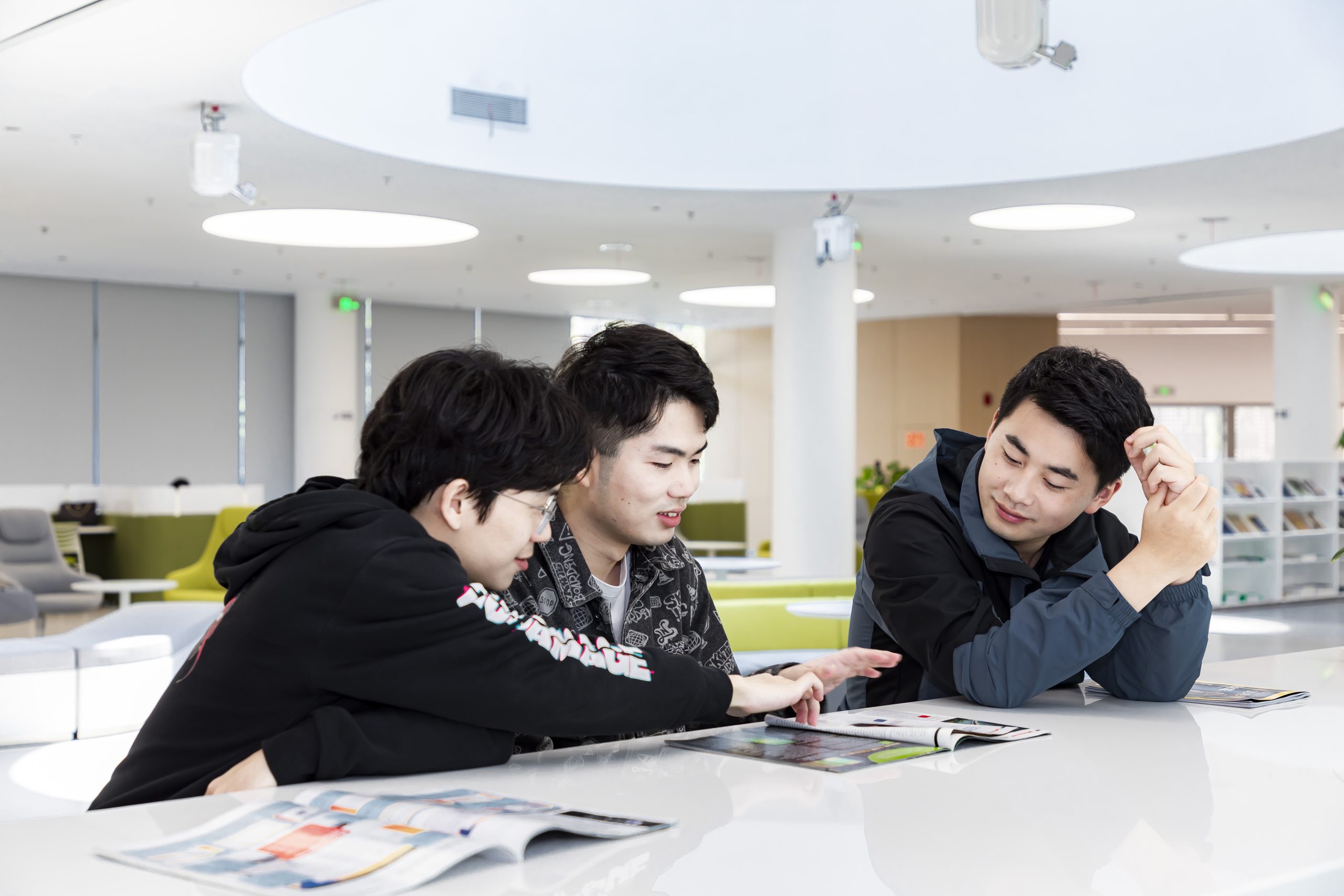
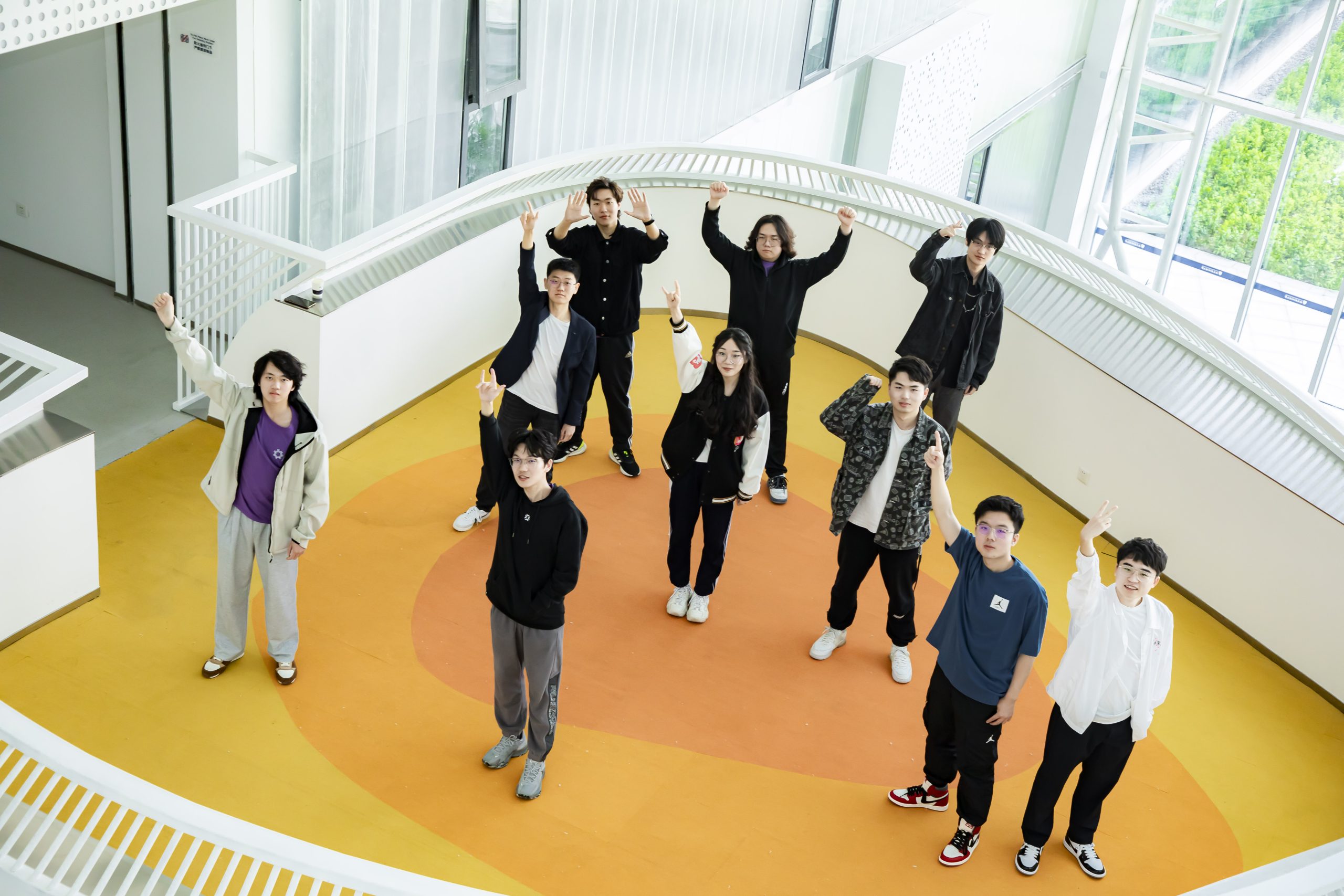
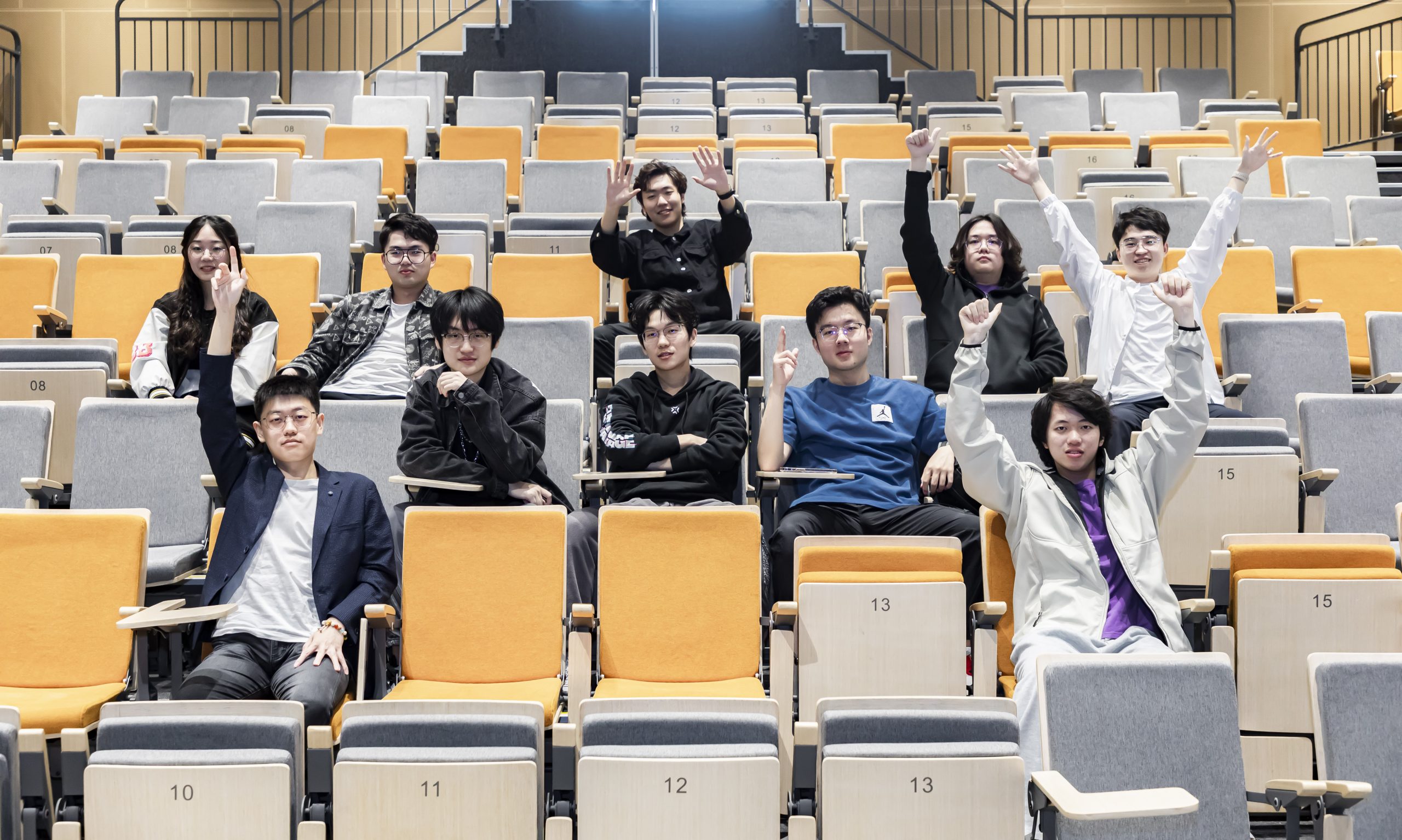

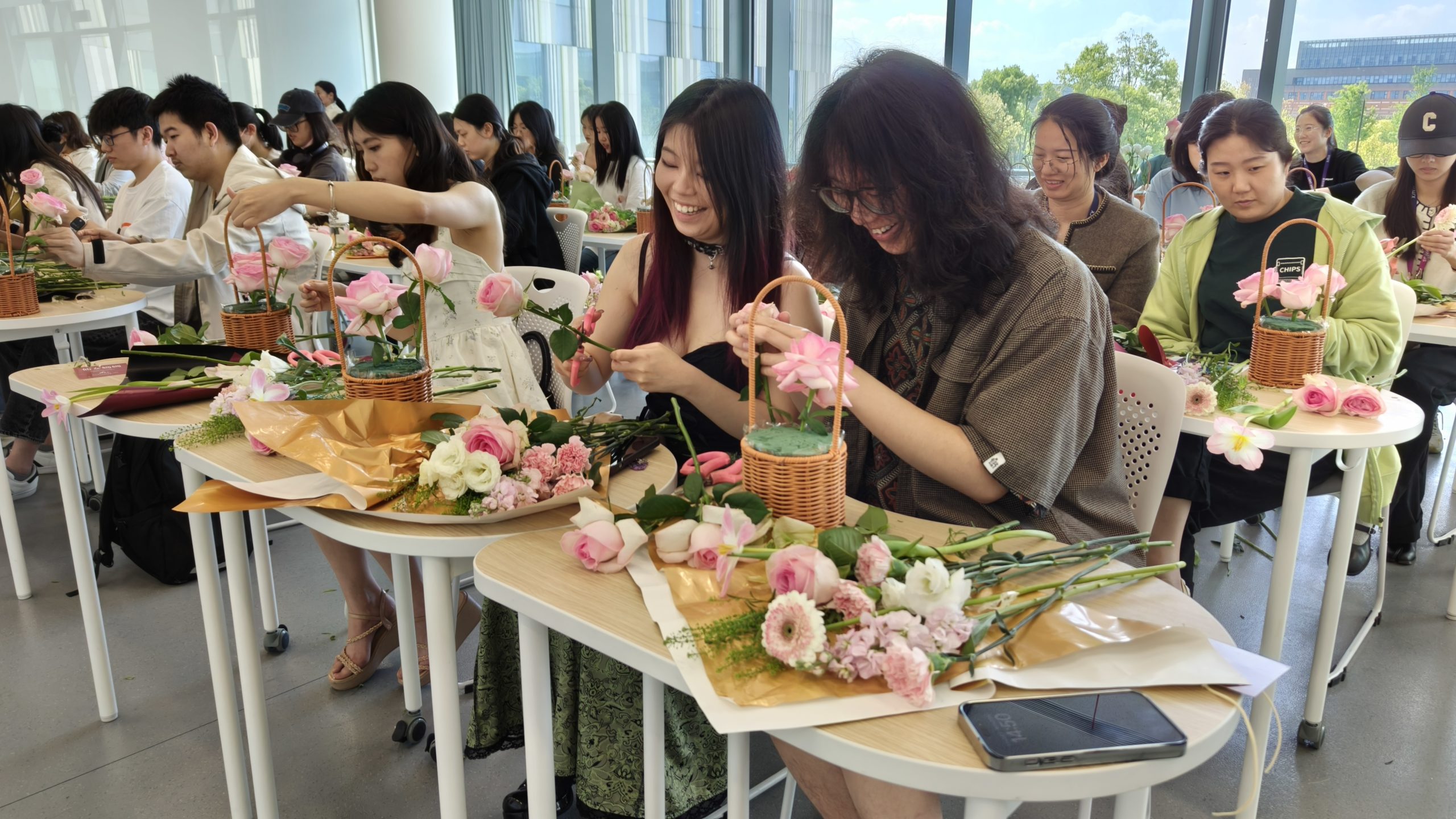


Overview
The BEng Internet of Things Engineering with Contemporary Entrepreneurialism programme is a product of XJTLU’s unique Syntegrative Educational model, which integrates industry and education to develop leaders of new industries. The School of Internet of Things at XJTLU’s Entrepreneur College (Taicang) developed the programme in collaboration with leading industry partners, including Éolane, Alibaba Cloud, and Tencent. Our Internet of Things (IoT) teaching is designed with an industrial perspective and an entrepreneurial focus, ensuring students understand IoT engineering comprehensively. We delve into smart solutions, wireless communication, embedded systems, cloud computing, sensor networks, wearable technologies, cyber-physical systems, monitoring, controls, and AI-enhanced IoT.
We employ innovative teaching methods, including problem-based and project-based learning, complemented by cutting-edge laboratories and flexible workspaces. We aim to nurture young engineering entrepreneurs who will significantly contribute to their industrial, urban, provincial, and national contexts. Our IoT research aligns with international trends and national priorities, addressing social and industrial needs for integrated solutions in wireless communications, networks, cloud infrastructures, sensor devices, and data technologies.
Our applied research approach is not just about theory but also about real-world applications of IoT in public, industrial and critical infrastructures. We emphasise contexts in smart entities like smart cities, industry, agriculture, homes, healthcare, and transportation.
At the School of Internet of Things, we go beyond teaching. We aim to produce engineers who don’t just follow trends but drive innovation and development at various levels. Our research is meaningful, aligned with international and national priorities. It focuses on integrated solutions for smart grids, critical infrastructure, and digital transformation. Besides a degree, students gain practical skills in and knowledge about entrepreneurship, innovation and practical applications. Our graduates are ready to lead in a diverse range of future industries.
Applications and implementation scenarios for IoT
Energy management: renewable energy, smart grid
Industrial automation: machine-to-machine communication
Security and surveillance: access control
Smart cities: traffic and waste management
Smart classrooms: personalised learning
Smart agriculture: irrigation and livestock tracking
Smart health: wearable technology and remote monitoring
Transportation and logistics: supply chain operation